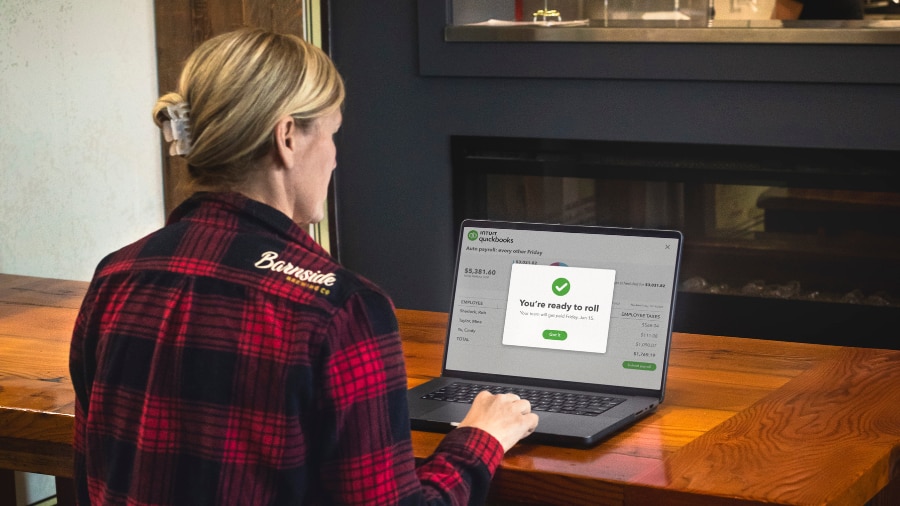If you run a restaurant, bar, or coffee shop, tipping is part of your industry’s culture. Your employees probably rely on tips to flesh out their salaries, and you also might count on tips to make yourself competitive as an employer. The Canada Revenue Agency has very specific rules on how you have to report tips, but beyond that, you also need to follow your province’s tipping laws. Here’s a look at the rules in Ontario.

Tipping in Ontario: An Overview for Employers
Tipping Optional
You don’t have to allow tipping in your establishment. As long as the policy is consistent, you can ban your customers from tipping your employees. That said, whether you allow tipping or not, you need to be upfront about what constitutes a tip.
For instance, if you add service charges for large parties or assess fees when people rent your space, you need to define if those amounts are facilities charges or tips. That way you can deal with them according to the relevant rules.
Withholding From Tips
For the most part, you are not allowed to withhold funds from your employees tips. In particular, you can’t withhold money for spilling food, breaking dishes, or causing similar losses. Additionally, your employees can’t agree to give up their tips in exchange for higher pay, and they also can’t waive their right to a minimum hourly wage in exchange for tips.
There are a few exceptions to the withholding rule. When tips are paid with a credit or debit card, you can withhold money related to credit card processing. In particular, you can take out the greater of the exact transaction fee or 1.5% of the tip. You can also withhold court-ordered amounts, such as child support or wage garnishments, and finally, you can withhold tips if you run a tip pool.
Running a Tip Pool
A tip pool is when you take tips from your employees and distribute them to other employees, and this can take a number of different forms. For instance, your servers may contribute all their tips and you may split them up evenly between all your employees.
Alternatively, you may require your servers to pay 10% of their tips to the kitchen staff, 5% to the bartender, and so on. As long as you eventually distribute the tips, there are also no set rules on the distribution schedule.
Under Ontario’s tipping laws, if you want to use a tip pool, you must have a consistent policy, and you must post it in your restaurant. As long as that’s in place, your employees don’t have a choice. They have to participate in the pool, and you have to track the tips that have been pooled and distributed.
Note that the Canada Revenue Agency considers tips that pass through a tip pool to be controlled, and that means that you have to remit Canada Pension Plan contributions and Employment Insurance premiums on these amounts.
Tipping Owners and Managers
As an employer, you have the right to keep your own tips, but you can only participate in the tip pool if you spend most of your time doing the same work as the people who receive tips.
For instance, if you spend every shift in the back office, you probably can’t legally participate in the tip pool, but if you’re serving customers, making drinks, or bussing tables, you can join. Your managers can join the tip pool, even if their role is different from your other tipped employees.
Tips can be great. They give your customers another way to say “thank you” to your staff, and they put some extra money in your staff’s pockets. As an employer, however, you need to ensure that you understand the rules around tipping in your province, and in Ontario, that means you need an accounting system or an app in place to track tip pools.



